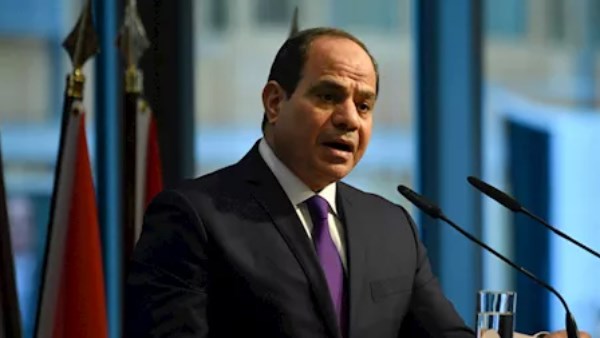
Elsewhere in Europe, June inflation readings showed a small rise
German inflation unexpectedly falls to 2% in June, hitting ECB’s target

Germany’s annual inflation rate unexpectedly eased to 2% in June, bringing Europe’s largest economy in line with the European Central Bank’s target, preliminary data from statistics office Destatis showed Monday.
Analysts polled by Reuters had expected a reading of 2.2% in the twelve months to June.
The German print is harmonized across the euro zone, allowing for a direct comparison with other single currency states. The consumer price index had eased to 2.1% in the year to May.
Elsewhere in Europe, June inflation readings showed a small rise in the harmonized rate of France and Spain, but no change in Italy.
Franziska Palmas, senior Europe economist at Capital Economics, said the latest inflation data would please the ECB, which is expected to cut rates one more time in this cycle.
“Overall, the figures add to the evidence that inflation in the euro-zone has sustainably returned to the target. Barring a renewed surge in energy prices we expect the headline rate to average 2.0% this year and the ECB to make one final rate cut in September, taking the deposit rate to 1.75%,” she said in emailed comments.
Euro zone inflation data is due on Tuesday, with the headline rate expected to come in at 2% in June, according to analysts polled by Reuters.
Hold the champagne?
While the German data might comfort the ECB that its job to bring the inflation rate back toward the 2% target “is mostly done,” external factors could still upset the disinflation trajectory, according to Carsten Brzeski, global head of Macro at ING.
“Despite the celebrations at the ECB, let’s not forget that disinflation in the euro zone has been largely driven by external factors and lately, by President Trump, he noted in emailed comment, citing falling oil prices and a stronger euro as important drivers of the trend lower.
Service inflation, however, remains elevated “at levels not seen since the mid-1990s before the pandemic,” Brzeski noted, and is only expected to dip below 3% next year.
“This persistent pressure should temper any premature celebrations at the ECB,” he said.





-1120252475029447.jpg)















